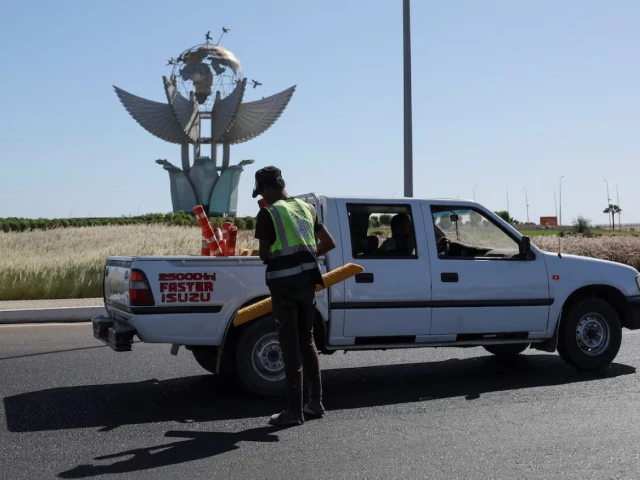Faiza
The severe impacts of climate change are becoming more visible and alarming with each passing day.
Wildfires in North America, heatwaves across Europe, and catastrophic floods in Asia are stark reminders of a warming planet.
Climate change is a reality that is reshaping lives, economies, and ecosystems in real time.
Developing countries are the most vulnerable to the escalating impacts of climate change.
For Pakistan, the stakes are even higher.
The country is witnessing environmental challenges that threaten its ecosystems, economy, and social fabric.
In a recent Country Climate and Development Report by the World Bank, it is estimated that climate-related events can reduce Pakistan’s GDP by 18–20% by 2050.
These numbers frame a stark reality and set the stage for decisive action.
Over the past two decades, the country has experienced an alarming rise in extreme weather events.
In 2022, heavy monsoon rains caused devastating floods, affecting over 33 million people, displacing 3 million, and resulting in over $30 billion in economic losses.
Nearly two million homes were destroyed, and millions of livestock were lost.
These events revealed not only environmental degradation but also the socio-economic fragility that climate disasters amplify.
According to the World Health Organization, environmental factors contribute to 200 deaths per 100,000 people in Pakistan annually.
Further underscoring that outdoor air pollution in Pakistan contributes to around 22,000 premature deaths annually.
This health toll serves as a stark reminder for Pakistan to adopt climate change initiatives and focus on a collective and coordinated response.
Public institutions, private companies, and communities must work together to build resilience, reduce emissions, and prepare for the future.
The country’s public and private sectors have a special responsibility to align their operations with climate resilience goals.
Exploration and Production (E&P) companies in Pakistan are increasingly recognising this responsibility.
In December 2023, at the United Nations Climate Change Conference (COP28) held in Dubai, Pakistan’s leading Exploration and Production (E&P) companies—OGDCL, PPL, and GHPL—signed the Decarbonization Charter.
The accord highlighted their collective commitment to supporting climate change initiatives and aligning business operations with global sustainability goals.
Additionally, OGDCL has adopted several initiatives aimed at reducing its ecological footprint, promoting renewable energy, and supporting local communities.
The company has launched a nationwide tree plantation campaign.
In collaboration with academic institutions and community centres across Pakistan, the company has planted thousands of trees to enhance biodiversity, improve air quality, and offset carbon emissions.
Beyond tree plantation, the company is also investing in renewable energy solutions.
In LakkiMarwat, the company solarised 30 homes, offering off-grid communities access to clean electricity.
Solar water pumping systems have also been installed in six communal sites across the Kharan and Noshki districts of Balochistan, ensuring sustainable water access in water-stressed regions.
Furthermore, the company installed a 130 KVA solar system for the PatherNala water project in DeraBugti’sPirkoh area to ensure a consistent water supply.
To institutionalize its sustainability vision, OGDCL introduced its Greenhouse Gas (GHG) Emission Policy in 2023 and launched a comprehensive ESG (Environmental, Social and Governance) Strategy 2025.
This strategy includes flaring reduction programs, methane leak detection systems, and the establishment of a corporate GHG inventory to set measurable emission reduction targets.
The journey toward climate resilience demands a whole-of-society approach.
Governments must lead with policies and incentives.
Citizens must reduce consumption and waste.
And corporations must integrate sustainability into their business DNA.
As we mark World Environment Day 2025, the message is clear: the time to act is now.
It is the collective responsibility of all stakeholders to ensure that we respond with urgency, innovation, and commitment.
(Written by Faiza, student of Bsc Environmental Engineering NUST Islamabad)





